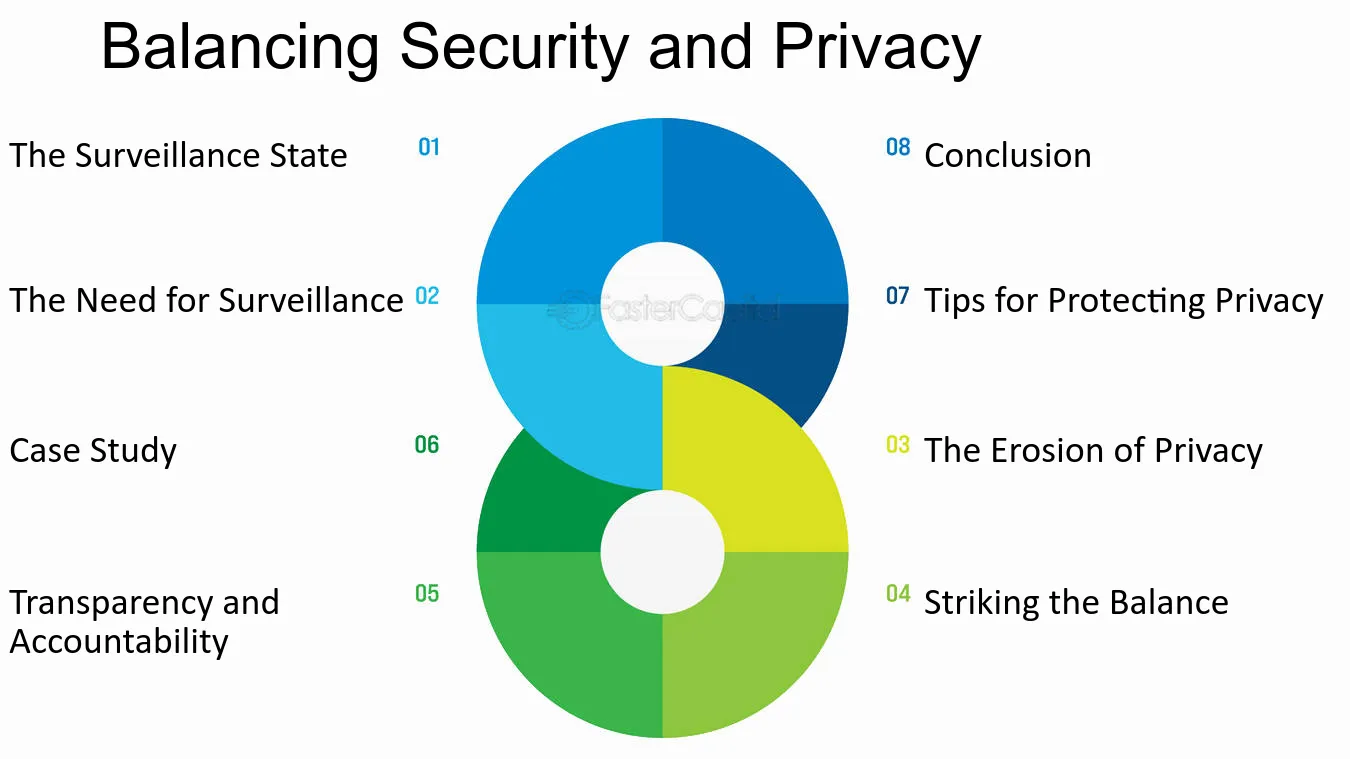Introduction: In the digital age, encryption has evolved as a critical component of online security, protecting personal information from unauthorized access. However, its significance in law enforcement and public safety is still debated. Governments say that encryption impedes their capacity to investigate and deter criminal activity, whilst firms argue that end-to-end encryption is critical for safeguarding user privacy and sustaining confidence. This duality shows the intricate interplay of security, privacy, and business concerns.
Governments’ Perspective: Encryption as a Barrier
Governments worldwide have expressed concerns that robust encryption impedes their efforts to combat crime and terrorism. Encrypted communications, they argue, create “safe havens” for criminals, making it difficult for law enforcement agencies to access crucial information. For instance, in cases of terrorism, drug trafficking, and child exploitation, encrypted messages can shield illicit activities from scrutiny.
The “going dark” metaphor often used by law enforcement agencies encapsulates their fear: as more communication channels become encrypted, investigative tools become less effective. This has led to calls for “backdoors” or exceptional access mechanisms that would allow authorities to decrypt data when needed. However, such measures are fraught with risks, as they could potentially be exploited by malicious actors, undermining the very security encryption aims to provide.
Companies’ Stance: Encryption as a Trust Builder
On the other side of the debate, technology companies champion end-to-end encryption as vital for protecting user privacy. With growing concerns over data breaches and unauthorized surveillance, companies like Apple, WhatsApp, and Signal assert that robust encryption is essential to safeguard user information. This, they argue, is not only a matter of security but also a fundamental right to privacy.
From a business perspective, strong encryption helps build trust with users. In an era where consumers are increasingly aware of digital privacy issues, companies that offer secure services can gain a competitive edge. The business models of many tech firms depend on maintaining user trust, which is significantly bolstered by ensuring that communications and data remain private and secure.
The Conflict: Security vs. Privacy vs. Profit
The clash between government demands and corporate policies underscores a broader conflict: the balance between security, privacy, and profit. Governments advocate for security and public safety, emphasizing the need to adapt to technological advancements that criminals might exploit. They often argue that without access to encrypted communications, they are handicapped in their mission to protect citizens.
Conversely, companies resist weakening encryption, both to protect their users and to preserve their business models. They argue that creating vulnerabilities in encryption for law enforcement access would inevitably be discovered and exploited by hackers, thereby posing a greater risk to public safety.
Possible Solutions: Striking a Balance
Navigating this complex landscape requires nuanced solutions that address the concerns of both sides. One potential approach is the development of advanced investigative techniques that do not rely on compromising encryption. Enhanced data analytics, improved cross-border cooperation, and the use of metadata for investigative leads are avenues worth exploring.
Another potential solution is the implementation of strict oversight mechanisms to govern any exceptional access to encrypted data. These could include judicial warrants, stringent controls, and robust auditing processes to ensure that access is granted only when absolutely necessary and is not subject to abuse.
Conclusion: A Delicate Equilibrium
The debate over encryption, law enforcement, and public safety is far from resolved. It requires ongoing dialogue and collaboration between governments, tech companies, and civil society to find a balanced approach that respects privacy while ensuring security. As technology continues to evolve, so too must the frameworks that govern its use, striving to protect both individual freedoms and collective safety in the digital age.
In summary, the tension between encryption as a barrier and a safeguard reflects the broader challenges of balancing security, privacy, and business interests. Striking a delicate equilibrium that satisfies all stakeholders remains a critical, yet elusive, goal in the ongoing evolution of digital policy and practice.
FAQs on Encryption and Its Impact on Law Enforcement and Business
Why do governments view encryption as a barrier to law enforcement?
Governments believe that encryption prevents them from accessing crucial information needed to investigate and prevent crimes, such as terrorism, drug trafficking, and child exploitation.
What is end-to-end encryption and why do companies support it?
End-to-end encryption ensures that only the communicating users can read the messages, protecting user privacy. Companies support it to safeguard data, build user trust, and maintain competitive advantage.
What are the risks of creating backdoors in encryption for law enforcement access?
Backdoors can be exploited by hackers and malicious actors, potentially compromising the security of encrypted communications and leading to greater risks for public safety.
How can law enforcement work effectively without compromising encryption?
Law enforcement can explore advanced investigative techniques like enhanced data analytics, using metadata, and improving international cooperation to gather information without weakening encryption.
What is the main challenge in balancing encryption, security, and privacy?
The main challenge is finding a solution that allows law enforcement to perform their duties without undermining user privacy and trust, while also protecting business interests in maintaining secure services.


